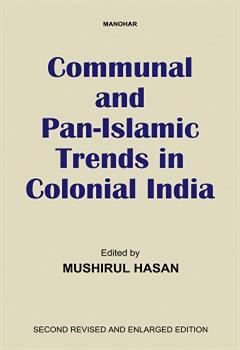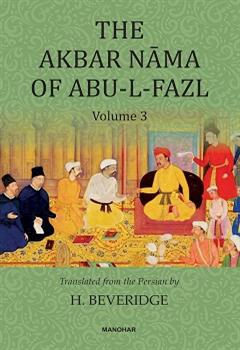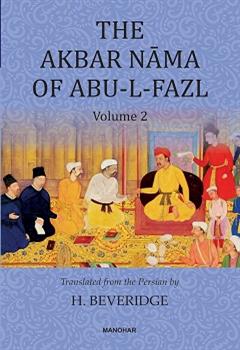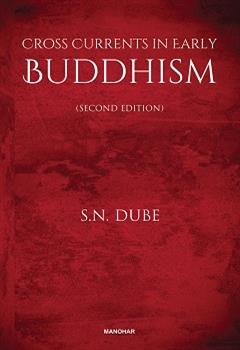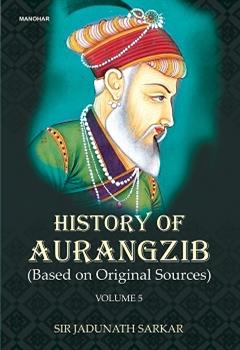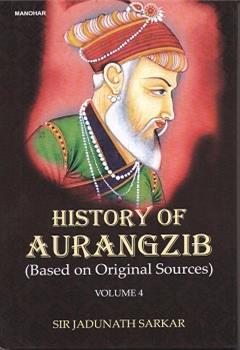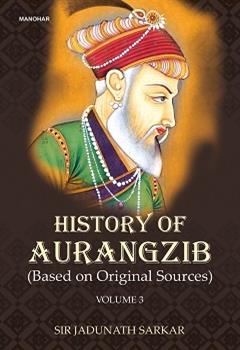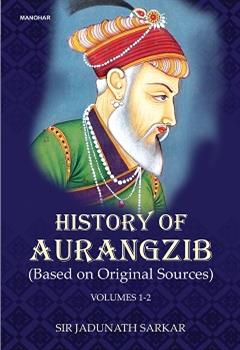History
Featured Products
Communal and Pan-Islamic Trends in Colonial India (Second Revised and Enlarged Edition)
₹1,476.30
M.R.P.:₹ 1,995.00
You Save: ₹518.70 (26.00% OFF)
History of Aurangzib (Based on Original Sources) (Vol. 5)
₹549.05
M.R.P.:₹ 695.00
You Save: ₹145.95 (21.00% OFF)
History of Aurangzib (Based on Original Sources) (Vol. 4)
₹493.75
M.R.P.:₹ 625.00
You Save: ₹131.25 (21.00% OFF)
History of Aurangzib (Based on Original Sources) (Vol. 3)
₹270.75
M.R.P.:₹ 475.00
You Save: ₹204.25 (43.00% OFF)
History of Aurangzib (Based on Original Sources) (Vols. 1-2)
₹476.10
M.R.P.:₹ 690.00
You Save: ₹213.90 (31.00% OFF)


